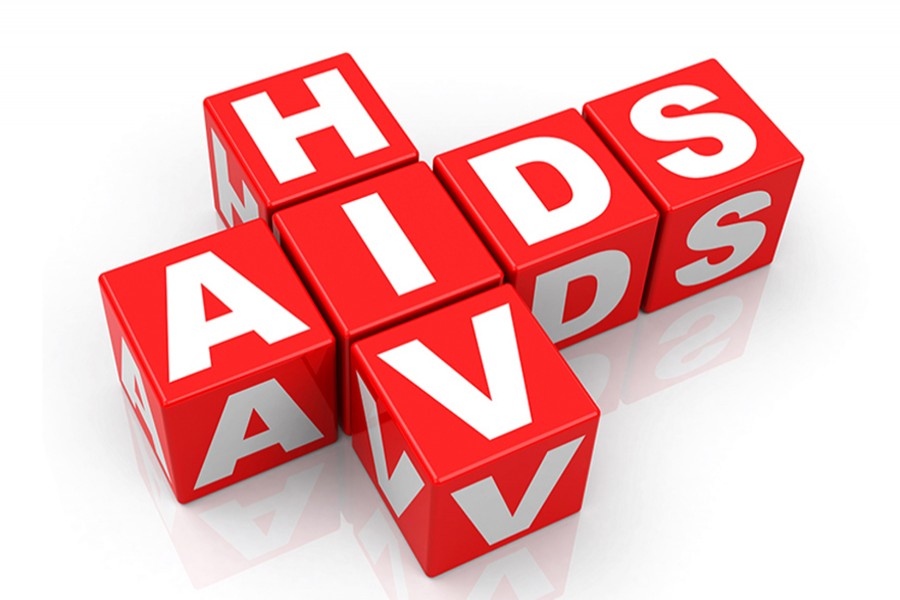Social and public health services providers play a crucial role in helping patients at risk of HIV access life-saving services, suggests a study released by University of Michigan (UM) on Sunday.
Providers who offer HIV preventive behavioral interventions are more likely to link patients to HIV testing and primary care, as found by the researchers.
It's important that providers "guide clients through the health care system to increase retention in care by using intensive contact in the first six months of care," said Rogerio Meireles Pinto, associate professor and associate dean for research in the School of Social Work at UM and lead author of the study.
Researchers at UM used data from nearly 380 providers, including social workers, health educators and patient navigators, from 36 agencies in New York City in 2013-2014. The agencies provided medical services such as HIV testing and care, psychosocial assistance (including HIV counselling), substance misuse treatment and housing services.
The study also factored in the race of the providers, consisting of many who were identified as Hispanic or African-American.
Non-white providers were less likely to link clients to certain services, perhaps due to racial disparities reflected from levels of trust and how much community participation these services were launched with, Pinto said.
Before 2012, providers had been encouraged and trained to link patients to behavioural interventions to help them modify their behaviours and protect themselves against HIV transmission and infection. Then, policy shifted from targeting anyone at risk to those at the highest risk, making these interventions less available.
The new policy dictated that providers should get as many people to access HIV testing as possible and to link them to HIV primary care in order to receive anti-retroviral medication that can keep patients alive and thriving, reports Xinhua.
The study has been published in Health Education and Behavior.


